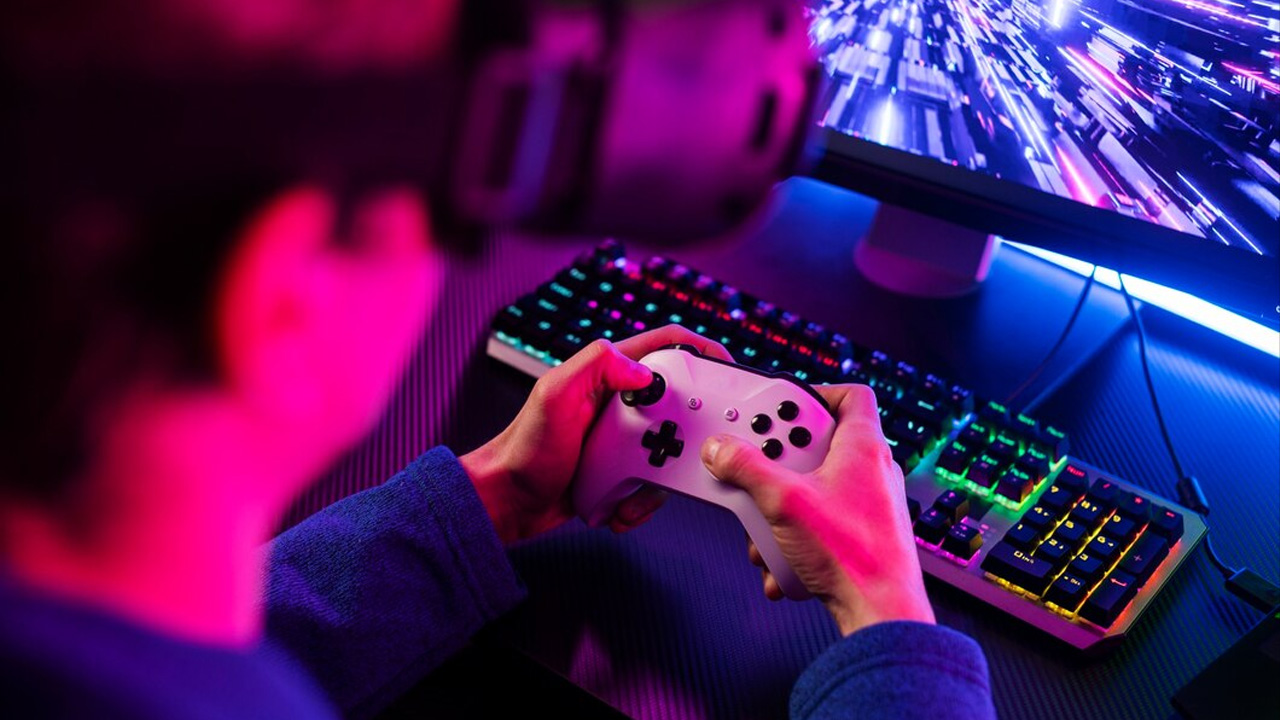Games have been an integral part of human culture for centuries, providing entertainment, socialization, and learning opportunities for people of all ages. From board games to video games, and from casual mobile apps to immersive virtual reality experiences, games have evolved significantly over the years, catering to diverse interests and preferences. In this article, we will explore the role of games in human development, highlighting their impact on cognitive, emotional, and social growth.
Cognitive Development through Games
Games have been shown to have a significant impact on cognitive development, particularly in areas such as problem-solving, critical thinking, and creativity. 에볼루션바카라 that require strategy, planning, and decision-making can improve cognitive skills, such as working memory, attention, and processing speed. For example, puzzle games like Sudoku and crosswords can enhance cognitive flexibility, while strategy games like chess and Starcraft can promote problem-solving and decision-making skills. Moreover, games can provide a safe and controlled environment for children to experiment, take risks, and learn from their mistakes, promoting cognitive development and growth.
Emotional Intelligence and Games
Games can also play a crucial role in developing emotional intelligence, which is essential for building strong relationships, achieving personal growth, and maintaining mental well-being. Games that involve role-playing, storytelling, and character development can help players develop empathy, self-awareness, and social skills. For instance, games like Minecraft and The Sims can encourage players to build and manage relationships, develop emotional regulation, and practice self-care. Moreover, games can provide a safe space for players to express and manage their emotions, helping to build emotional resilience and well-being.

Social Benefits of Games
Games can provide numerous social benefits, including opportunities for socialization, teamwork, and communication. Multiplayer games, in particular, can foster social connections, promote teamwork, and encourage collaboration. For example, games like League of Legends and Overwatch require players to work together, communicate effectively, and rely on each other to achieve common goals. Moreover, games can provide a sense of community and belonging, helping to reduce feelings of loneliness and isolation.
Games and Learning
Games can be a powerful tool for learning, providing an engaging and interactive way to acquire new skills and knowledge. Educational games, in particular, can be highly effective in improving learning outcomes, increasing student engagement, and reducing dropout rates. Games can also provide a personalized learning experience, tailoring the content and difficulty level to individual learning styles and abilities. For example, games like Duolingo and Khan Academy can provide interactive and engaging learning experiences, making education more accessible and enjoyable.
The Future of Games in Human Development
The future of games in human development looks promising, with emerging technologies like virtual and augmented reality, artificial intelligence, and machine learning set to revolutionize the gaming industry. These technologies will enable the creation of even more immersive, interactive, and personalized learning experiences, making games an even more effective tool for education and training. Moreover, the rise of esports and competitive gaming has opened up new opportunities for gamers to develop skills, compete, and build careers in the gaming industry.
Conclusion
In conclusion, games play a significant role in human development, impacting cognitive, emotional, and social growth. From cognitive development and emotional intelligence to social benefits and learning, games have the power to engage, educate, and inspire us. As the gaming industry continues to evolve, we can expect to see even more innovative and effective uses of games in education, training, and personal development. Whether it’s a casual mobile game or a complex virtual reality experience, games have the potential to shape the future of human development, providing a fun, interactive, and engaging way to learn, grow, and thrive.
